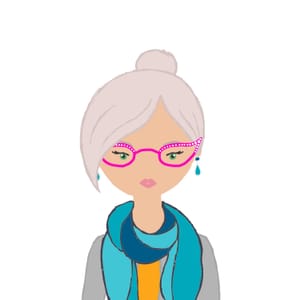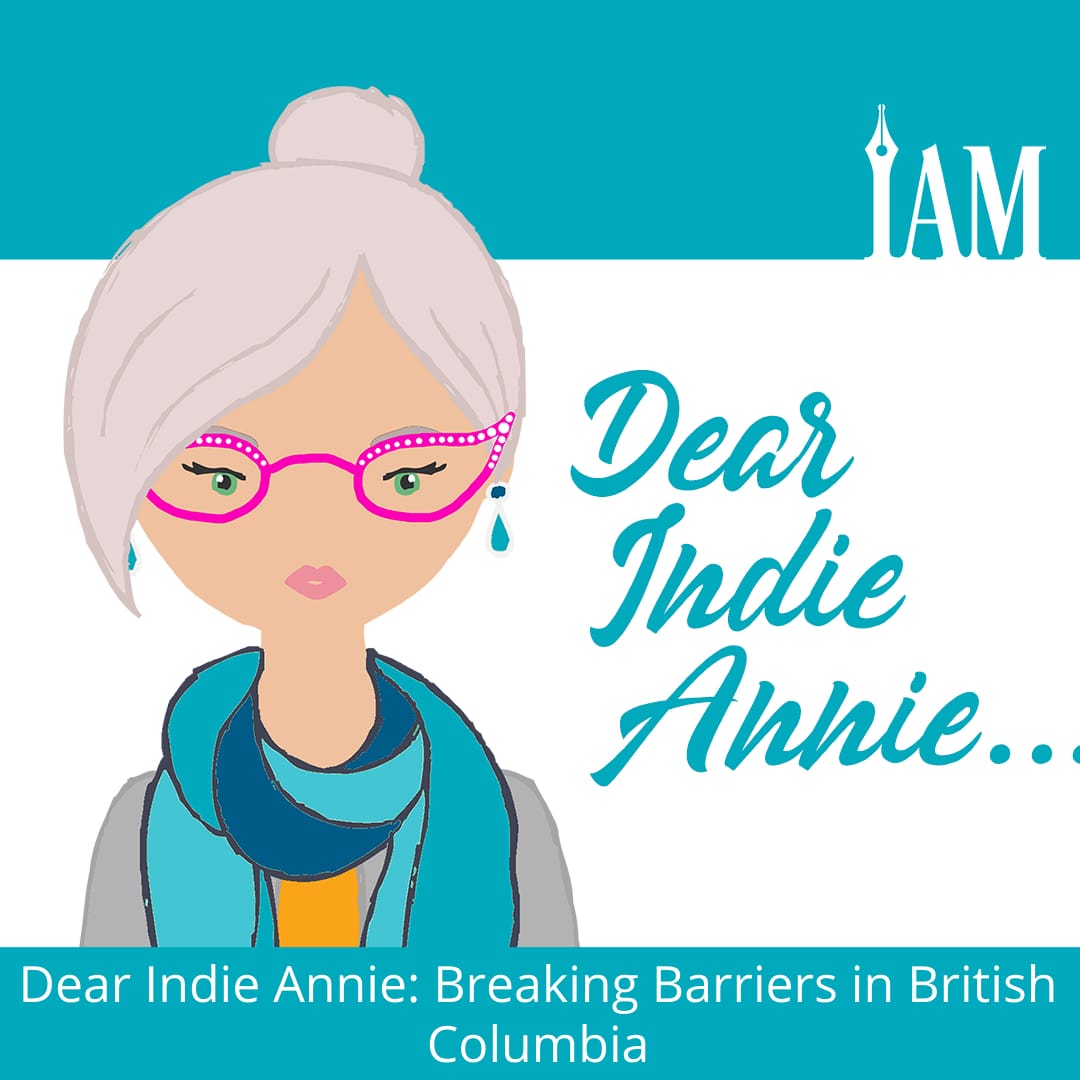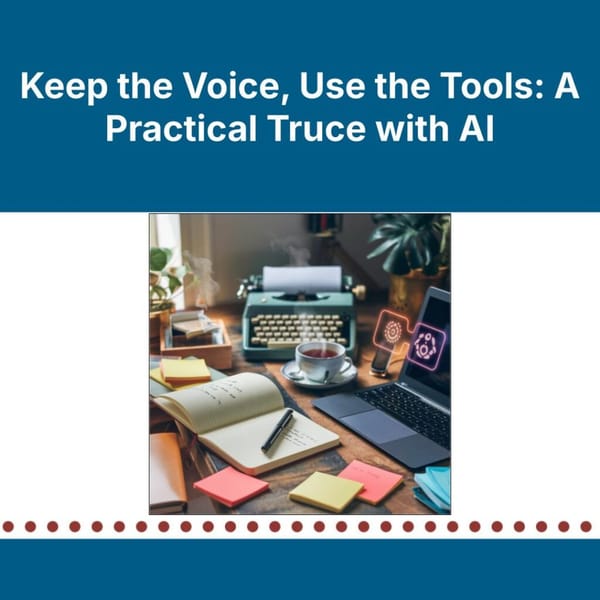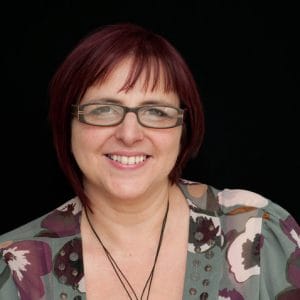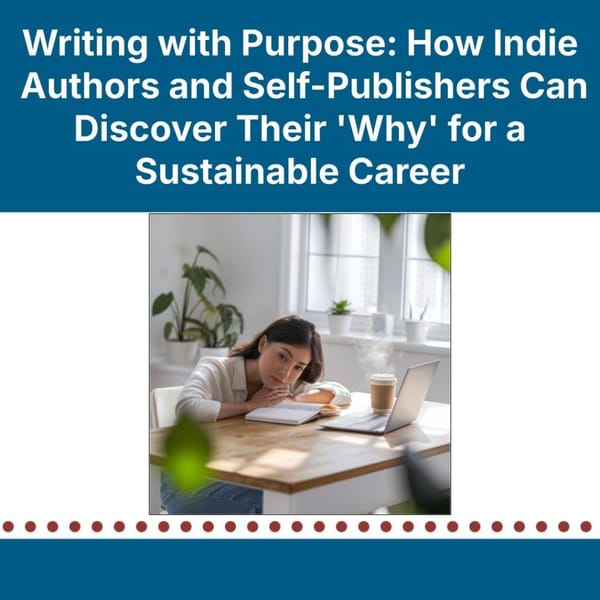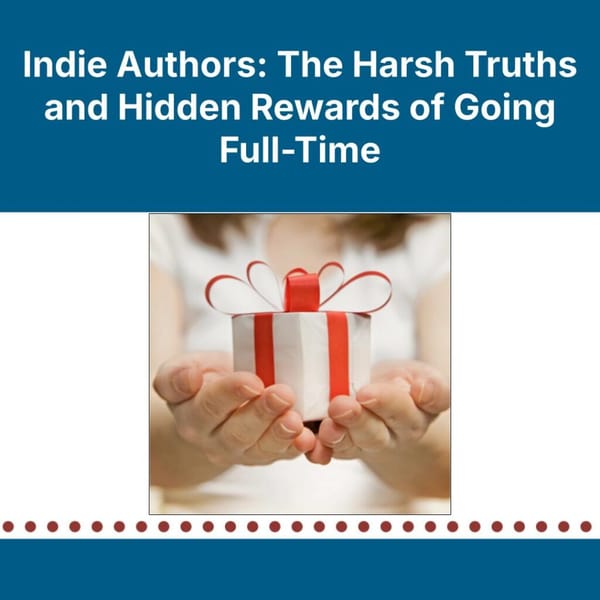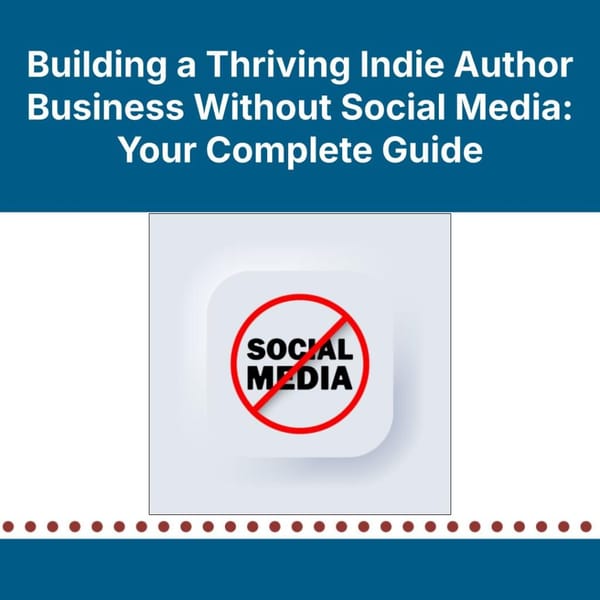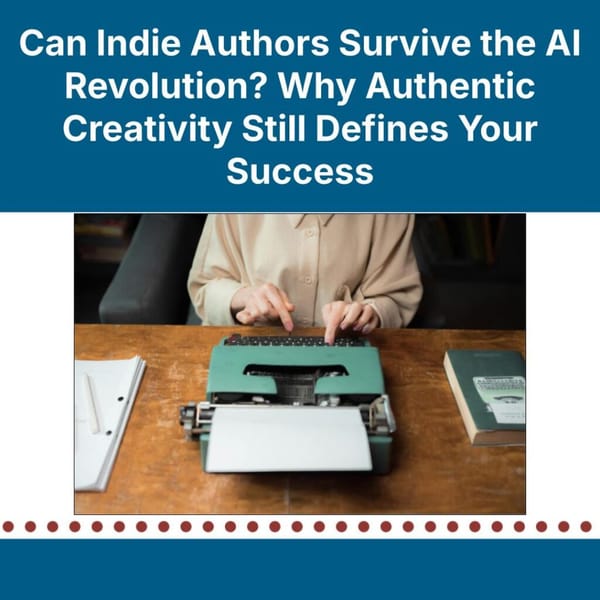Dear Indie Annie,
I write in a genre that is dominated by males: male authors, male main characters. I know my writing is important, but it gets discouraging to know I’m one of the few women in the room. Am I truly making a difference?
Breaking Barriers in British Columbia
Dear BB,
Genderism sucks, doesn’t it? There, I said it. Many of us feel confined by the roles and boundaries society, culture, and tradition impose on us because of our gender identities. Male is this; female is that. There are lines we aren’t supposed to cross, even in the twenty-first century.
Take my job, for example. In Britain, I would likely be called an agony aunt, never an agony uncle. Perhaps that is simply down to better alliteration, but I suspect the term has stuck because the role grew from advice columns in newspapers and magazines aimed largely at women. Even though the advice may have been penned by a man, such advice was considered more acceptable coming from a woman. That said, in the US and elsewhere, my job would come without any gender bias, being described simply as an advice columnist.
I share this nugget of international trivia to illustrate a point. You are an author, not an authoress. Yes, that word exists, but all the dictionaries I could find when working on this article stated that the term is dated and no longer in use. In fact, as I typed, my editing software put a nice red line underneath the word to alert me to its obsolescence.
Does this mean that men and women, or those who identify as either, can now boldly go where their gender identities have not gone before? Sadly, no. BB, you haven’t said what genre you write in, but we all recognize that there are book categories seemingly dominated by one gender or another. However, all may not be as it seems. Many authors hide their true identities behind pen names, often to be accepted in areas where they have concerns about how their real names will be accepted.
Some of the most successful writers of all time have adopted either gender-neutral names or pseudonyms deliberately designed to mask their gender identity. Have you heard of Mary Ann Evans? Maybe not, but you probably do know the works of George Eliot. Or, to be more contemporary, what about Robert Galbraith? She, of course, is better known in the literary world as J. K. Rowling, though her friends and family probably call her Joanne. And did you know best-selling Historical Romance writer Jennifer Wilde is really a man called Tom Huff? Of course, you may know him better as Edwina Marlow, Beatrice Parker, or Katherine St. Clair.
Does this mean that you have to use a gender-neutral name to succeed in your genre? Not necessarily, but I urge you to consider your personal writing goals. You say that not only is your genre dominated by male authors but also by male characters. I sense from your question that you want to change that. Maybe by giving yourself a gender-neutral pen name, you can infiltrate the genre and influence it positively by providing strong, multilayered female protagonists. Or are you actually wanting to attract female readers? Where would you find them? How would you market your books to them? Are there allied or alternative subcategories that you can target? Consider how your covers can help convey how your books offer something the same but different, and so on.
Can you change people’s expectations or perceptions? Of course you can—with a compelling story and the right marketing.
You may be too young to remember a world before Lara Croft, but believe your aging auntie Indie Annie when I say she really was a game changer (pun intended). Who would have thought that female protagonists could be feisty adventurers too? From zero to hero, such female main characters are now ubiquitous.
Were Lara’s creators female? Er, no. But they cracked the glass ceiling that many female writers have pulled themselves through afterward.
Did it matter, back in 1996, that Tomb Raider featured a female main character? For the gameplay, probably not, but it made the game stand out in a saturated market. Yes, people can and do argue that Lara was designed to appeal to teenage male fantasies, but she also helped recruit legions of girl players. Her legacy can be felt in successful books like Suzanne Collins’ Hunger Games trilogy.
I leave you with this famous quote that Gandhi actually never said (Is anything as it seems?): “Be the change you want to see.”
Happy writing,
Indie Annie
x

